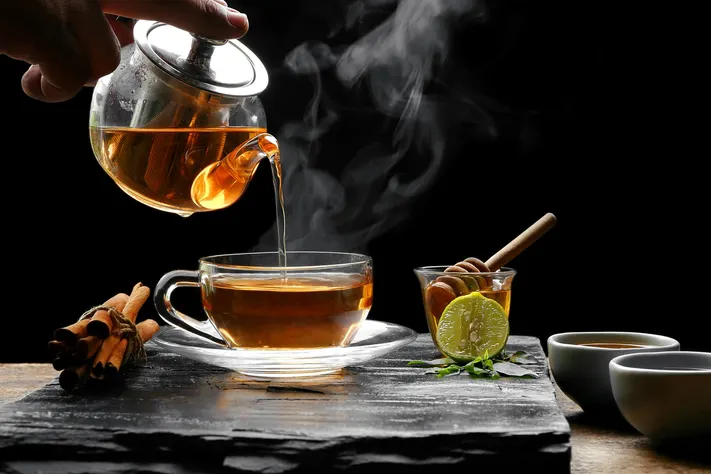When one thinks of Spain, images of vibrant flamenco, delectable tapas, and robust red wine often come to mind. However, a surprising and growing appreciation for tea lies beyond these traditional associations. While Spain is renowned for its coffee culture, tea has emerged as a popular alternative, capturing the hearts and palates of Spaniards. In this article, we explore the importance of tea in Spain, its rising popularity, and its unique cultural significance.
A Shift in Beverage Preferences:
Historically, Spain has been a nation deeply rooted in coffee traditions, with cafés serving as social gathering places. However, there has been a notable shift in beverage preferences in recent years, with tea gaining traction among the Spanish population. This change can be attributed to various factors, including health consciousness, curiosity for new flavors, and the influence of international trends.
Health Benefits and Wellness Culture:
Tea’s reputation as a healthy beverage has contributed to its popularity in Spain. Spaniards are increasingly embracing a wellness-oriented lifestyle, seeking beverages that offer a delightful taste and potential health benefits. With its antioxidant properties, calming effects, and diverse range of herbal blends, tea has become an appealing choice for those looking to incorporate wellness into their daily routines.
The Rise of Specialty Tea Shops:
One of the driving forces behind the tea movement in Spain is the emergence of specialty tea shops. These establishments offer a vast selection of teas sourced from around the world, providing a sensory experience for tea enthusiasts. These shops often feature knowledgeable staff who guide customers through the tea selection process, sharing stories and insights about different varieties, brewing techniques, and cultural traditions.
Spanish Tea Culture:
While tea is still relatively new compared to Spain’s long-standing coffee culture, it is quickly establishing its own unique place in the country’s culinary landscape. Tea houses and tearooms are becoming more prevalent, offering cozy and relaxed environments where people can enjoy a cup of tea, engage in conversation, or take a moment of respite from the fast-paced world outside.
The Spanish Tea Ritual:
Although Spain does not have an extensive historical tea-drinking tradition like some other countries, Spaniards have adapted their own tea rituals and customs. Afternoon tea gatherings, similar to the British tradition, have gained popularity, where friends or family come together to enjoy a selection of teas accompanied by pastries, cakes, and savory treats. This fusion of cultures creates a unique tea experience that blends Spanish conviviality with the elegance of tea culture.
Tea Trends and Innovations:
New trends and innovations have emerged as tea continues to captivate the Spanish market. Tea mixology, for example, has gained momentum, with mixologists incorporating tea infusions into creative cocktails and mocktails. Additionally, flavored and herbal teas have become sought-after alternatives to traditional black and green teas, offering an array of intriguing taste combinations and sensory experiences.
Tea is making its mark in Spain, redefining beverage preferences and expanding the country’s gastronomic horizons. As Spaniards increasingly embrace the flavors and benefits of tea, a new wave of tea culture is flourishing. From specialty tea shops to tea rituals and unique blends, the importance of tea in Spain cannot be overlooked. So, the next time you find yourself in Spain, take a moment to indulge in a cup of tea, savor its flavors, and experience the evolving beverage scene that continues to surprise and delight.
In case you are interested in any Spanish drinks, check the following countries based on your country:
